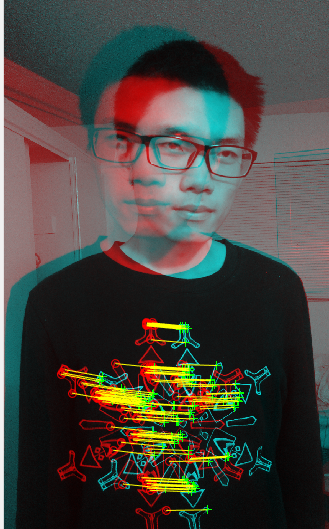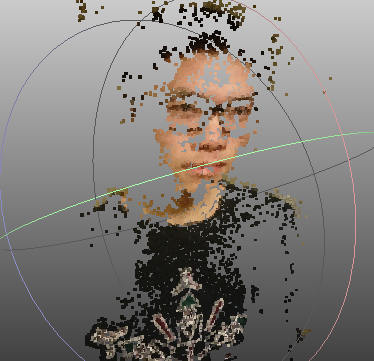Awesome
structure from motion with MatLab
GitHub - yihui-he/3D-reconstruction: two view structure from motion


How to run
-
You can directly go to result folder to see all results
-
To make it easier to view all results , I selected two images for each imageset. You can reproduce all 3D models using main.m. All 8 pclouds will show up together after program finished.
.plyfiles will be saved to result folder, which you can be opened with meshlab.main; -
You can specify two images(intrinsic.new must be in the same folder):
SfM2('imgFolder/img1.JPG','imgFolder/img2.JPG');
will not show model after finished, only save .ply to result.
SfM2('imgFolder/img1.JPG','imgFolder/img2.JPG',true);
will show model after finished, and save .ply to result.
Features
- dense matching.
- MSAC instead of RANSAC.
main steps of my code
- get camera intrinsic matrix.
- features detection and points matching.
- estimate fundamental matrix using feature pairs in two images. Then compute essential matrix using K and F. Decompose E to R and t. Get P using E.
- dense matching.
- put pairs of points onto 3D(triangulate).
How to use your own images
- prepare 2 images taken from two different views
- get the intrinsic matrix and write it to
intrinsic.new
https://wikimedia.org/api/rest_v1/media/math/render/svg/a73c022621ea3e7546d2a95c22a74fb22a3b3b7c
You can set parameters except $\alpha_x$ and $\alpha_y$ can be default value: zero,
https://wikimedia.org/api/rest_v1/media/math/render/svg/3f0b99ce362b84c94a603bca45c11454cb95f6f1
,
https://wikimedia.org/api/rest_v1/media/math/render/svg/eb5fb4f7aef1abe7c21500f0486677fec1e2ceca
, represent focal length in terms of pixels, where $m_x$, $m_y$ are the scale factors relating pixels to distance and f is the focal length in terms of distance. They can be obtained by looking into your camera info or the jpeg meta info. You can google the way to get them.
- Put them into the same folder, then modify
main.mto point to the images